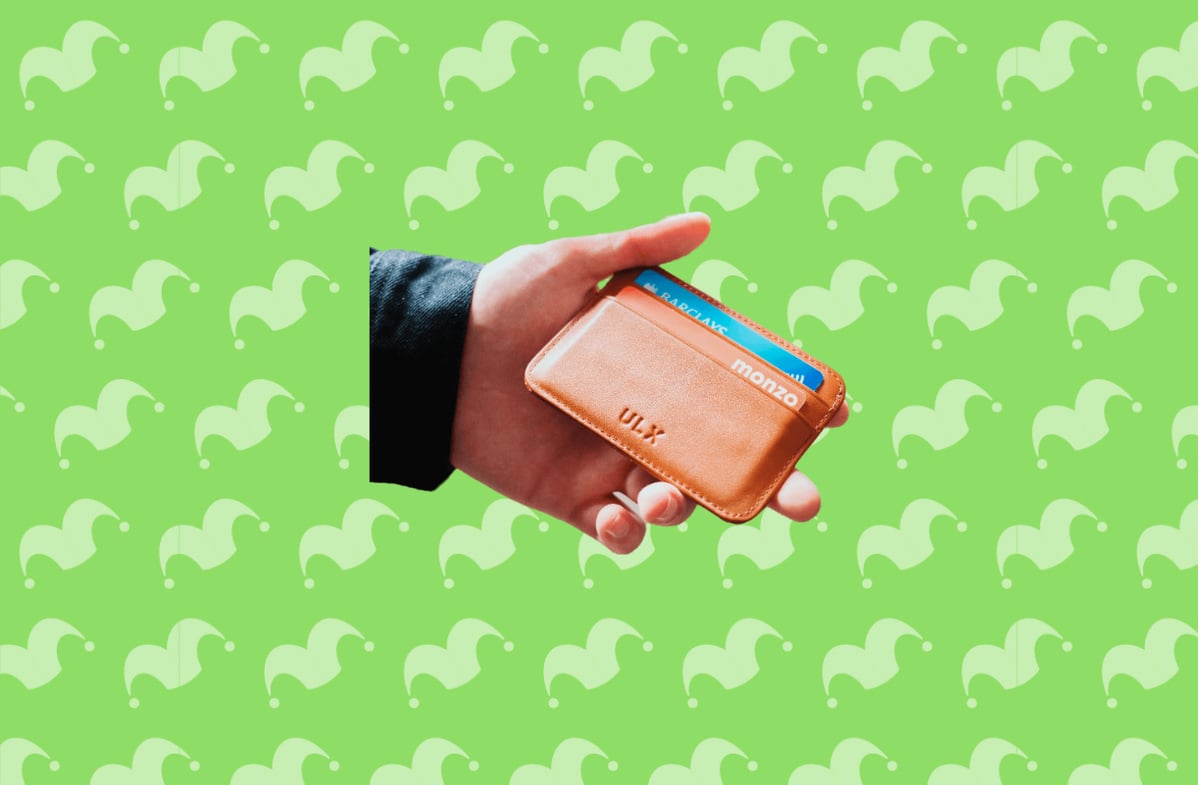Spending money is rarely a purely rational decision. How often do you say to yourself, “I have done my research and weighed the pros and cons, and I’m making a logical choice to spend money today!” Instead, spending is often driven by emotions. People are emotional beings, and money is often a reflection of our moods. Feeling hungry, lonely, sad, or excited? Time to reach for that credit card!
If you’re spending money based on emotions, this isn’t always a “bad” thing. Sometimes it feels good to spend money to celebrate a happy occasion, and emergency expenses really do need to be paid for — even if it’s a stressful, unpleasant emotional experience.
But sometimes, emotion-driven spending goes too far. People end up using “retail therapy” as an emotional crutch, instead of dealing with the underlying problems in their lives. During America’s recent high-stress era of COVID-19 and high inflation, millions of Americans have started “doom spending” as a way to cope with stress.
A new study from Empower has some interesting insights on what really drives people to spend money based on emotions. Which of these top emotional triggers are driving you to spend?
Top five emotional triggers for spending money
According to the recent Empower survey on how Americans’ spending habits are changing, here are the top five most common emotional situations or “triggers” that Americans say are most likely to cause them to spend money:
- Celebratory moments (32% of Americans)
- Boredom (25%)
- Job stress/burnout (20%)
- Joy/elation (20%)
- Anxiety/uncertainty (20%)
There’s nothing wrong with spending money because you’re celebrating. But if you’re spending too much money to cope with stress and anxiety, that could be a sign of deeper issues. And if you’re spending money unconsciously, just because you’re bored and unsure of how to fill the hours — like the personal finance equivalent of aimlessly scrolling through social media — it could be time to re-evaluate your spending habits.
Almost half (43%) of Gen Zers say that they spend money when bored, and women are 37% more likely than men to spend money when bored. Being aware of your own personal emotional triggers can help you make more purposeful, deliberate spending choices. Do you really want to buy that product you saw on social media, or are you just buying it because you’re bored?
Another aspect of emotional spending is when people see what their neighbors and peers are buying. “Keeping up with the Joneses” is a tale as old as time, but social media can amplify these natural feelings of social comparison to an unhealthy extent.
The Empower study also found that many people are feeling bad about themselves because of other people flaunting their wealth on social media:
- 47% of Americans feel negatively about social media posts that feature showy displays of wealth, such as travel experiences or luxury goods.
- 24% of Gen Zers said that they’ve felt pressured to showcase wealth on social media.
Try not to let other people’s flawlessly-photographed vacations or brand-name handbags or luxury cars affect how you feel about yourself and your personal finances. Not everyone on social media is really as “rich” as they look. When people are flaunting wealth on social media, they’re often just flaunting “credit card debt.” While talking about how happy and empowered they are, they might actually be broadcasting their own insecurities.
And even if your social media feed is showing you the inner lives of people who are authentically much wealthier than you, keep in mind that past a certain point, money doesn’t always buy more happiness. We’re all human beings with human flaws and problems, and the wealthiest 1% of people are not necessarily any healthier, smarter, funnier, more talented, or more fulfilled than you.
Try to keep living your own life, running your own race, working toward your own financial goals, and nurturing relationships with the people you love. Regardless of how much money some social media influencer claims to have, you still deserve to enjoy your own life.
Bottom line
Spending money based on emotions is part of human nature, and there’s nothing wrong with celebrating a happy occasion or paying money to fix a stressful problem. But if you’re reaching for credit cards out of boredom, anxiety, and dissatisfaction with your life, that’s a sign that something needs to change.
Consider using a budgeting app to get control of your spending and see where your money goes. Don’t let yourself get dragged into a downward spiral of doom spending or social media envy; controlling your emotions can help you control your money.
Alert: our top-rated cash back card now has 0% intro APR until 2025
This credit card is not just good – it’s so exceptional that our experts use it personally. It features a lengthy 0% intro APR period, a cash back rate of up to 5%, and all somehow for no annual fee! Click here to read our full review for free and apply in just 2 minutes.

